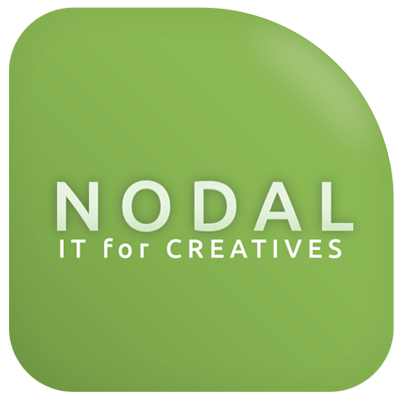SSDs optimized specifically for NAS deployment have largely been unavailable. Seagate has addressed this demand with its new Ironwolf 110 SSD designed specifically for network storage.
Available in 240GB, 480GB, 960GB, 1.9TB, and 3.8TB capacities, these drives all feature a standard 6Gbps SATA interface and can be used as either cache devices or as the primary storage drives for your NAS for increased performance. The best configuration for your facility depends on your priorities, budget, and available network backbone; using the SSDs as primary storage drives will offer faster speeds, but only if there is network bandwidth to take advantage and at a greater cost-per-terabyte expense compared with spinning disks.
What separates these NAS-optimized drives from other standard SSDs is resiliency. The most common source of SSD failure is that the storage media begins to break down after too many write operations, making them tricky to use on central file servers where such operations are common. Seagate addressed this issue by designing the Ironwolf 110 with a TeraBytes Written lifetime (TBW) of 7000, meaning this device is designed to handle a much higher amount of writes than most desktop SSDs. The Ironwolf 110’s Mean Time Between Failure (MTBF), a common measure of drive reliability, is listed at 2 million hours, another improvement over most other SSDs available.
The Ironwolf 110 is also designed to be power efficient, using 1.2 watts of power at idle and a maximum of 3.2 watts under load. Each Ironwolf 110 comes with a 5-year warranty and 2 years of Seagate’s Rescue Data Recovery Service (though Nodal recommends setting up your NAS with RAID redundancy and a dedicated backup solution regardless). Seagate has also announced that the new drives will support its Ironwolf Health Management system soon.
Pricing for the Ironwolf 110 SSD ranges from $85 for the 240GB model up to $910 for the 3.8TB version. These drives aren’t cheap, but they do come designed to handle the heavy workload of a business server environment at a modest power draw. As with any discussion between an enterprise-level device and a consumer-level variant, whether the drives are worth it depends on how much you want to invest in a stable, performance-focused NAS solution.
If you have questions about deploying a NAS solution at your facility or storage in general, reach out to Nodal! For more information on the Seagate Ironwolf 110, check out the official product page and this breakdown by ExtremeTech featuring benchmark tests of the new SSD.
